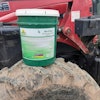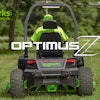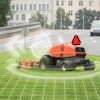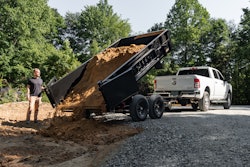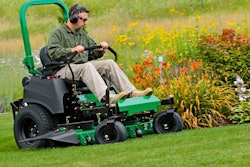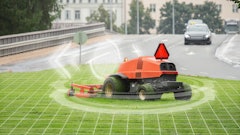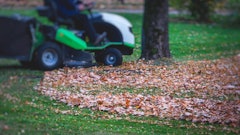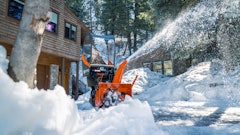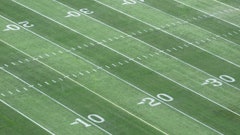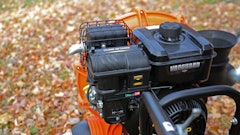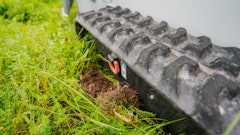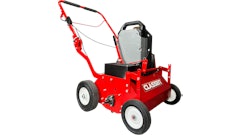
David Finleyson, B2B public relations manager, Michelin, discusses with Green Industry Pros the benefits of Tweel tires and in which applications they work best.
Green Industry Pros: What new items are you highlighting here at the show?
Finleyson: We're continuing to add more to the portfolio of airless tires for the commercial mowing industry. One of the things that we'll be launching later this year is the 11-inch caster that's on display here. We've typically focused on the 13-inch size and the 15-inch size, which is covers the majority of the larger machines, but there's still a number of commercial machines that require a small or a caster.
Green Industry Pros: What’re some of the challenges you’re hoping to help solve?
Finleyson: The main challenge we're hoping to break is to keep people moving, to keep equipment running. Productivity and uptime are the key selling points of Tweel. The longer wear life also is a big factor because we last about three times longer than most pneumatic tires. The key point is that when you're mowing and you have a flat tire, your crew is down. You're not finishing the job. You're not moving on to the next jobsite. You might have to wait for someone to come fix the flat or replace the tire. So, keeping those crews productive and keeping their efficiency up is how they can best utilize their assets. That’s what Tweels are all about—keeping the productivity going, keeping the equipment doing its job so that they can move on to the next site.
Landscapers save time by not having to check air pressure in the morning. They also say that there's less bounce with the wheel. When you go over bumps, it doesn't rebound like a basketball off of the bump. So, it's a little gentler on the operator. They can work longer. They don't get as tired mowing with the Tweels, and the hillside stability tends to be better, so folks can mow with confidence on hillsides that are somewhat stable. Also, their deck height stays more consistently adjusted because they're not having to fight air. Pressure is drifting with the temperature or drifting with slow leaks or there's just natural air loss to the tires, so the deck (with non-Tweels) wasn't always level.
Green Industry Pros: Are there certain applications these tires work better in?
Finleyson: It can be used in any application. We are considering expanding our tread pattern to more aggressive, muddier conditions. For the most part, we deal with commercial mowing.


